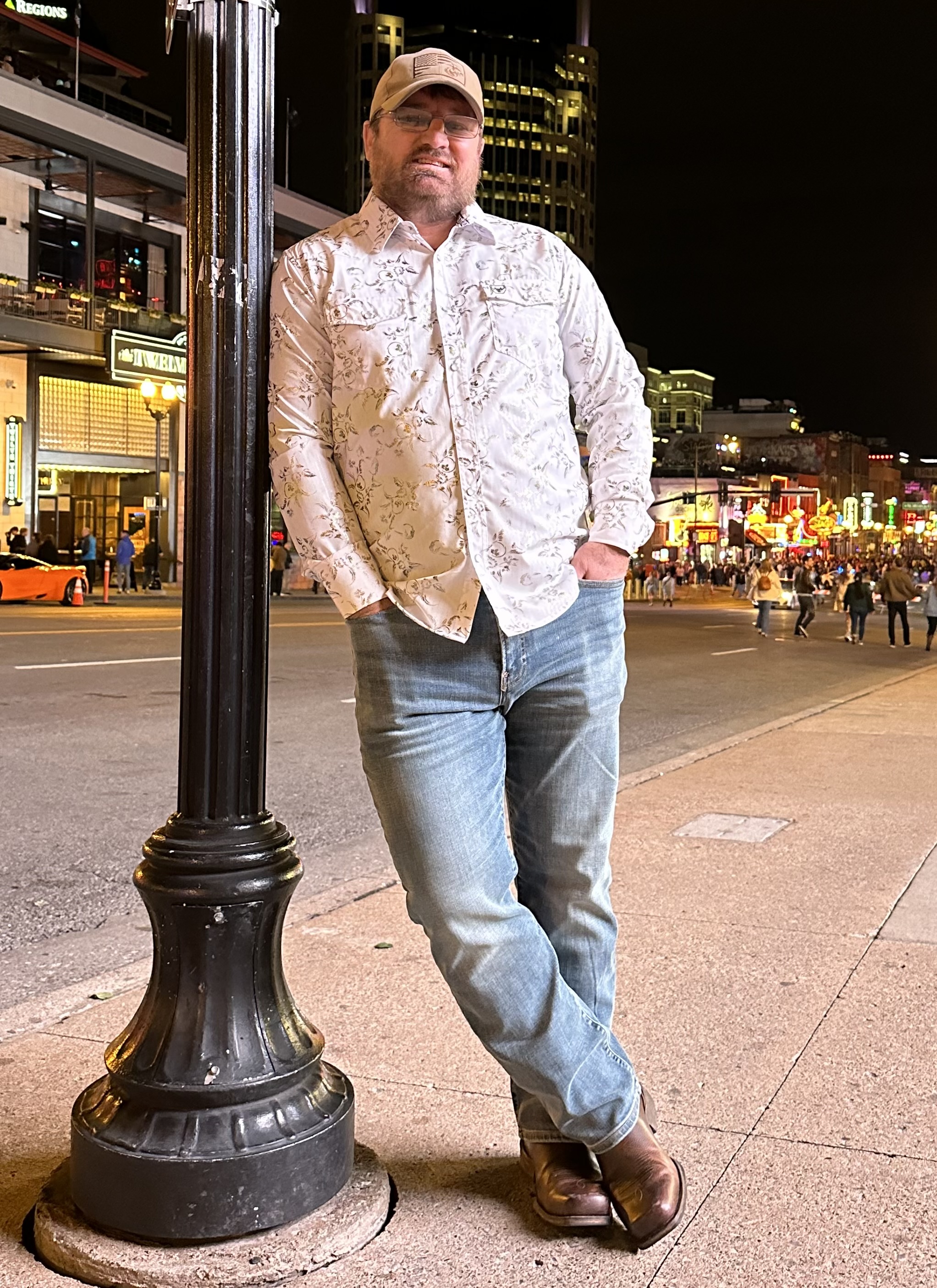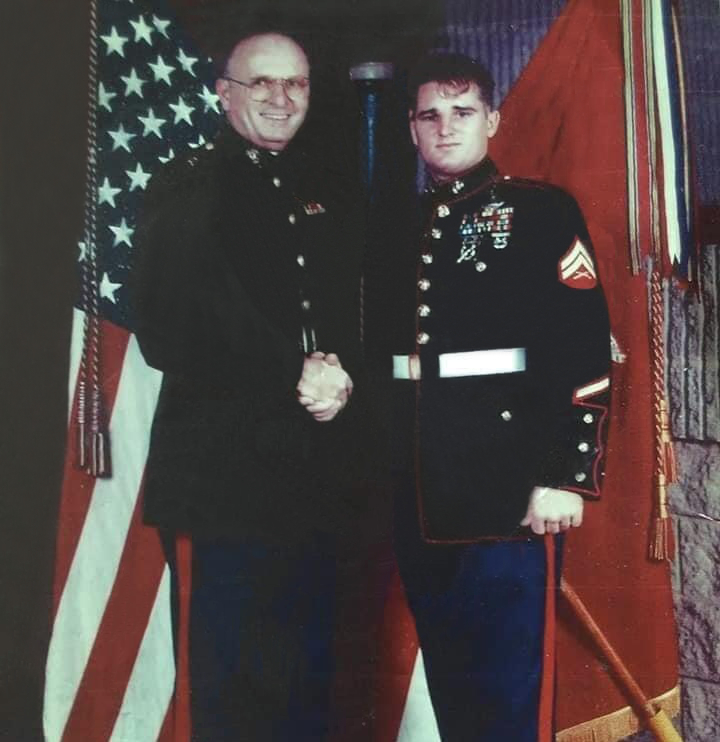My Story

Randy Clark
Professionally Trained Interventionist
I grew up in a normal family that moved around a lot because my dad was a Marine. I played sports and ran with a good crowd, but I always felt a little out of place. My drinking started in high school, just like many teenagers—it was only on weekends and didn’t affect my schoolwork.

At 17, while still in high school, I joined the National Guard and later graduated from A-School with the Commanding General’s Award. Once I was old enough, I went back to boot camp, where I graduated as the Honor Graduate in the Marines, ranking #1 in my class.
The Marines were a great place to be a heavy weekend drinker—we had a "work hard, play hard" mentality. Despite my drinking, it never affected my performance. I was meritoriously promoted because of my work ethic and dedication.
I served as an ordnance man in a CH-46 helicopter squadron, but I wanted more. I was told that ordnance men don’t become crew chiefs because we didn’t know enough about the helicopter. But I refused to accept that. I stayed every day after work for six months to learn the necessary skills. I put in the extra hours, studying and training until I became the only ordnance man to cross-train and earn the title of crew chief.
I always pushed myself to excel in the military—I loved being a Marine. Our squadron deployed to two combat zones: Desert Storm and Somalia on two separate occasions. During these high-tempo operations, I earned my Combat Aircrew Wings, including for our role in evacuating the Somali embassy.
After five years in the Marines, I transitioned to inside sales at a billion-dollar semiconductor distributor. I wanted to move into outside sales, but I was told that I needed an engineering degree, or at a minimum, a college degree. I had neither—only a high school education. However, I met the right person who took a chance on me, and I was given an opportunity. I excelled in sales, but my drinking—and eventually, drug use—cost me that job.
I then joined a competitor and became the youngest North American Account Manager the billion-dollar company had ever had. I won an award for highest gross profit dollar growth in one year, generating $24 million in sales. But my addiction was escalating. By this point, I had two DUIs, and things only got worse.
For 17 years, my addiction destroyed my life and deeply affected the people around me. I lost everything I had worked for—even becoming homeless at times.
At the time, I didn’t realize that my addiction was medicating emotions I didn’t want to deal with. I was numbing pain, stress, mental health struggles, PTSD, and emotions I didn’t want to face.
My brother, my parents, and so many others tried to help me, but I wouldn’t stop. It wasn’t for their lack of effort—they did everything they could. My parents were unknowingly enabling me, and I couldn’t stop. On September 4, 2017, I hit my breaking point. I wanted to die. I was on the verge of being homeless again.
I called my dad and asked for rent money. Thankfully, he had read an Al-Anon book and said:
"Son, I know that what I have been doing for you may have been done out of love, but in reality, it has been hurting you. I can’t bail you out anymore. Your decisions have gotten you where you are today, and I’m okay with you being homeless."
I could hear the tears in his voice as he said this, but in that moment, I had to decide—would I live on the streets, or would I finally get help? I was desperate.
I followed every suggestion given to me. I got involved in 12-step recovery and made recovery the priority in my life. But I also knew that if I didn’t deal with what was fueling my addiction, I would never stay sober.
During my recovery, I sought out trauma therapy and worked on my mental health. These were key factors in my healing. Addressing the root causes of my addiction—through therapies like EMDR, RRT, and understanding the nervous system through Polyvagal Theory—helped me finally break free. It wasn’t just about stopping drinking; it was about learning to live without needing to escape my emotions.
Since then, I have worked in treatment, helping families in crisis. From 2018 to the present, I have helped thousands of families guide their loved ones toward healing. Today, I also fly across the country, conducting interventions and offering crisis management services to families in need. My passion is delivering the guidance and crisis help that my family didn’t know existed.
Here I am today—after having burned every bridge twice in my life, I stand before you. My relationships have been restored, my hope has returned, and I have a mission in life that surpasses every other accomplishment I have ever had.
So if you are a family that has lost all hope, if you don’t know where else to turn, know that there is hope, because I was the long shot. If I can do it, anyone can.
Use my story to give you and your family hope.
God took what was meant to kill me and turned it into my passion for helping others. There are many ups and downs in addiction, and plenty of heartbreak, but what fuels me is the hope my story gives families—the guidance I provide that leads to someone changing their life, and families getting their peace and life back.

"I love the long shots because I was the long shot—the one no one ever thought would get sober. No one would have bet on me. I had no shot until my family stopped enabling me. But no one is beyond help, even when you think you’ve tried everything."
“When all hope is gone, that’s when I step in!”